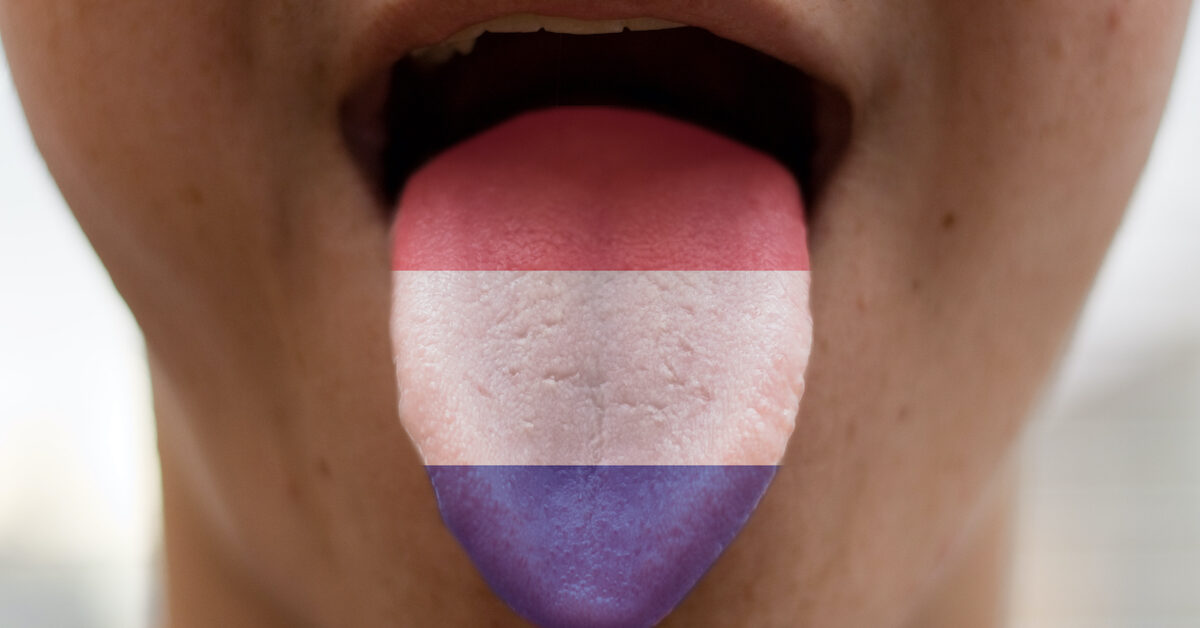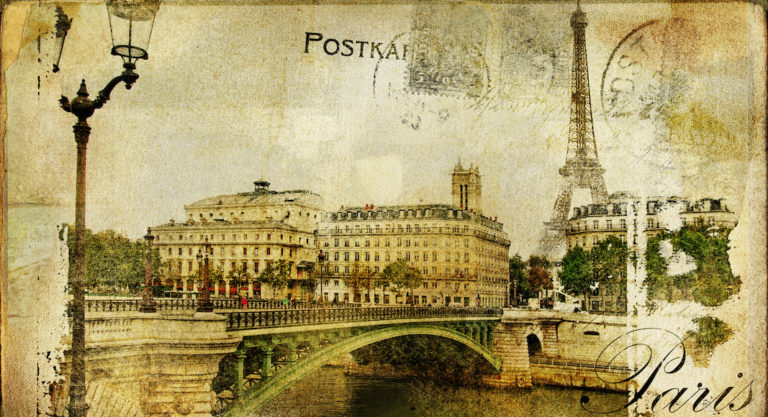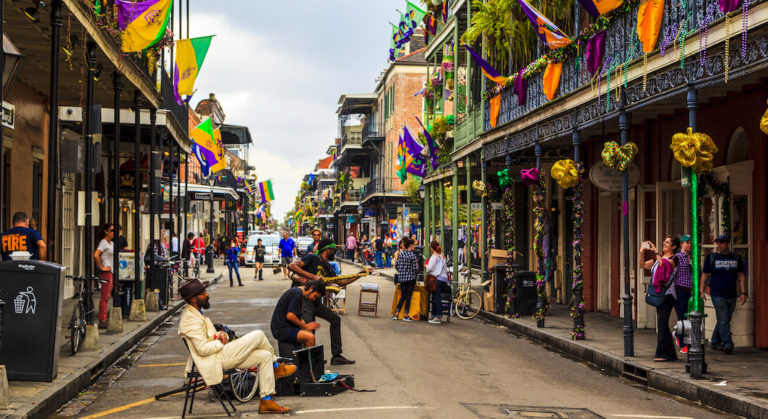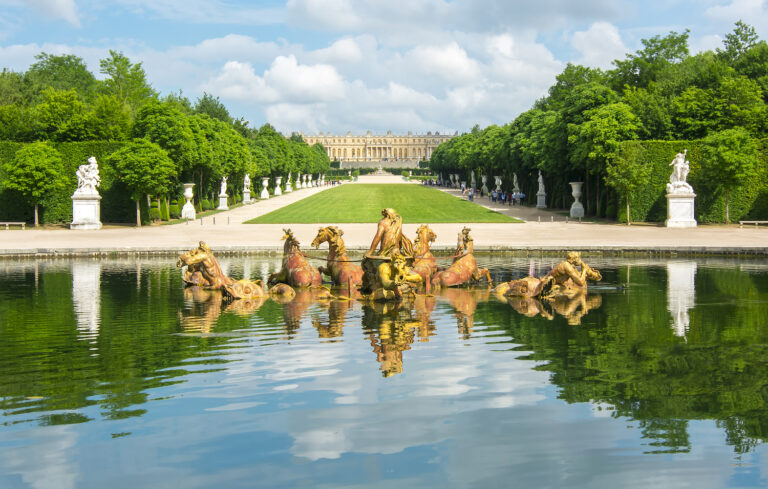French has left its mark on countries all over the world. They may not like it, they may not have chosen it, but more than 275 million Francophones exist, and on all seven continents. Here are some of the places they call home.
Tunisia
Despite the fact that Arabic is the official language of Tunisia and French has no official legitimacy in the country, a whopping 64% the population in this small North African nation are French speakers. Tunisia’s independence from France in 1956 did little to destroy France’s influence, with French still being the main language of education, business, and media.
Gabon
This small nation off the coast of West Africa was a French colony until 1960, as one of the four countries of a federation called French Equatorial Africa. It was even invaded during World War II by the Allies in attempt to divert military forces in Vichy France and prevent the spread of Naziism to Africa. Of the population of two million people, about 80% speak French, and it is still the official language of Gabon.
Canada
French is one of the two official languages of Canada, alongside English, and is the only official language of the Canadian province of Quebec. 7.2 million Canadians (about 20% of the population) speak French as their native language, thanks to French colonization in the 17th century. Because of Canada’s unique history, the language, known as quebeçois, evolved into a different kind of French with a thick accent and slang vocabulary that make it remarkably distinct from other forms of French.
DRC
The Democratic Republic of the Congo has the largest concentration of French speakers in all of Africa, and has the largest population of any country with French as the official language. This means that even France doesn’t contain as many Francophones as this former Belgian colony. French is the sole language of education in the DRC.
Vietnam
Vietnam currently has around 650,000 French speakers, mostly among the upper classes, a remnant status symbol from Vietnam’s time under French occupation. But French used to be so common that Vietnam actually had a pidgin language called Tây Bồi, which was spoken primarily by Vietnamese servants in French households during colonial times, and literally translates to “servant French.”
Algeria
Although Algeria has one of the largest French-speaking populations of any country in the world (with 16 million speakers), it is one of the only such countries not affiliated with La Francophonie, an international organization of Francophone countries that promotes French language learning and culture, along with human rights and sustainable development. But it shouldn’t be surprising for anyone familiar with Algeria’s colonial history that the North African nation would want to separate itself culturally from a country that forced its language and culture on its citizens, recruited them for foreign wars, and then chose not to recognize them as French nationals.
Belgium
This small country piggybacked on top of France has three official languages: French, Dutch, and German. It contains about 4 million French speakers both in the Francophone Wallonia region and the Flemish sections of the country.
Haiti
French spoken in the Caribbean island of Haiti is a unique affair that can be divided into two distinct groups. The first is Haitian French, which is heavily influenced by contemporary Parisian French and spoken in official and academic situations. The second is Haitian Creole, which is what most people think of when they hear the term “Creole.” Haitian Creole is a mixture of French, Spanish, Portuguese, West African languages, and native Caribbean dialects, with the variety of French being specific to that spoken in the 18th century during France’s colonial rule over Haiti. Almost 10 million Haitians speak Haitian Creole.
Cameroon
Cameroon also uses a form of pidgin language called Camfranglais, a mixture of Cameroonian French and English. 83% of Cameroon is Francophone, the remainder being Anglophone, but most Cameroonians in urban areas use Camfranglais as well. Ex: Tu speak que quoi?
French Guiana
This is the only country in South America to make the list, an island of French in the middle of a Hispanophone continent, situated next to the Portuguese-speaking nation of Brazil. Originally a slave colony, then a penal colony, the country is now recognized as an overseas department of France, with French as the national language, the Euro as currency, and the most prosperous economy in South America.
Guadeloupe
You wouldn’t expect a tiny Caribbean island to still be an official overseas department of France (clearly not all Guadeloupeans are happy with that fact), yet the 400,000 citizens of Guadeloupe all speak either French or Antillean Creole, a French derivative similar to Haitian Creole.






